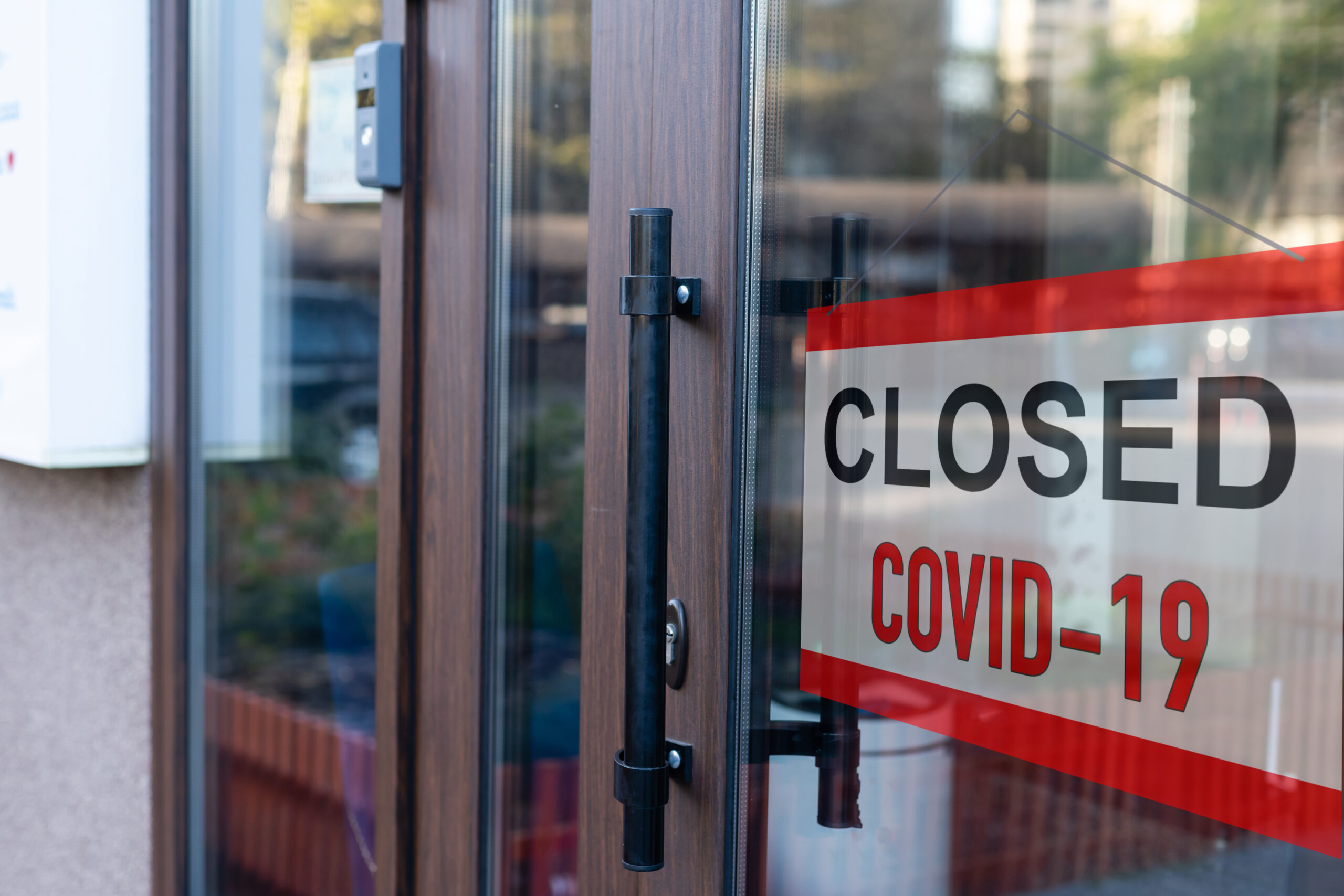Walking into a preconstruction condo presentation sales centre ill-prepared can run you thousands of extra dollars over what will likely already be the most expensive financial decision of your life.
Erica Mary Smith, broker of record at Stomp Realty in Toronto, has some pointers for first-time preconstruction condominium buyers. Firstly, go to the presentation centre with a sales agent representing your best interests, she advises, because they won’t let the builder’s sales representative get away with anything.
“My business partner and I worked in sales offices for five or six years, and a lot of people don’t know you can bring a realtor into a preconstruction office and the sales office rep will know they can’t get away with anything,” she said. “Your closing costs for preconstruction are typically 16-20% if you don’t know how to negotiate, whereas a realtor can keep it down to 8%.”
Development charges
In Toronto, DCs have increased in recent years and developers are often desperate to recoup the difference—and who better from than the unsuspecting consumer.
are up to $10,000 from $2,500-5,000, so make sure they’re capped,” said Smith. “You should also make sure park levies are capped too. If the city comes back when your unit is complete and the levies have gone up to $25,000 and you don’t have them capped at $10,000 when you sign your agreement, you’re on the hook.”
Other fees written into purchase agreements are money grabs that shouldn’t be difficult to have removed.
“There are other fees you can get removed, like the gas BBQ hook up fee and the hydro hook up fee, which could come to $3,000-4,000, which any developer knows is a money grab, and you can have it removed from the agreement.”
Assignment fees
Another expensive fee involves assignments, which, should the buyer choose to flip the unit before moving in, can cost them $5,000-10,000 that will go directly to the developer.
“If you want to assign, you have to pay that to the developer, but there should actually be no fee,” said Smith. “It’s the lawyers who put it in there, but all you’re doing is literally changing a name on the agreement. If you can’t get them to do it for nothing, it should be no more than $500.”
Today, Toronto’s condo market is replete with assignment flipping because the COVID-19 pandemic has caused purchasers to rethink where they want to live, and that has, without a doubt, pleased many developers.
“Nowadays, with COVID, there are so many assignments on the market that developers who got people to spend $5,000-10,000 are milking it.”
Lease amendment
This is crucial for investors because, without it, they have to pay a hefty HST. Between , unit purchasers pay the developer interest, maintenance fees and property taxes, and unless specified in their purchase agreement, they cannot legally lease their units.
“If your agreement is six months or one year, you’re paying $2,000 a month to the developer,” said Smith. “When investors buy a preconstruction unit, it’s all about the cash flow, and if they don’t have that amendment in there allowing them to lease their unit, they cannot legally do it.”
This is especially imperative for neophyte investors to know, added Smith.
“If your intention is to lease out your unit upon closing, you have to pay the HST, and that can be anywhere from $35,000 to $60,000 on closing, and a builder will never tell you that. You can apply to get some of it back, and you may get 90% returned, but so many people have tried getting away with paying no capital gains in recent years that the government cracked down on rebates.”
Many people lie and tell developers they will live in their units for at least a year, but it probably isn’t worth getting busted.
Upgrades aren’t free
This should be obvious because nothing’s free in life, but Smith says that many visitors to presentation centres don’t realize that cost additional money.”
“Lots of people like upgrades—they walk in and see an awesome kitchen and a pumped up unit, but the reality is you have to pay extra for all that stuff,” she said. “When you go through a showroom, ask what is and isn’t upgradable, because you can end up paying over $50,000 on upgrades after a showing.”
Neil Sharma is the Editor-In-Chief of Canadian Real Estate Wealth and Real Estate Professional. As a journalist, he has covered Canada’s housing market for the Toronto Star, Toronto Sun, National Post, and other publications, specializing in everything from market trends to mortgage and investment advice. He can be reached at neil@crewmedia.ca.








